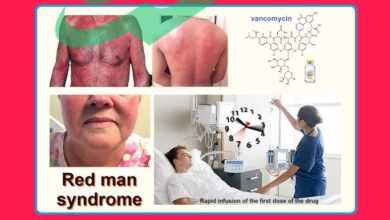The Hair Health Diet: How to Eat Your Way to Gorgeous, Strong Hair
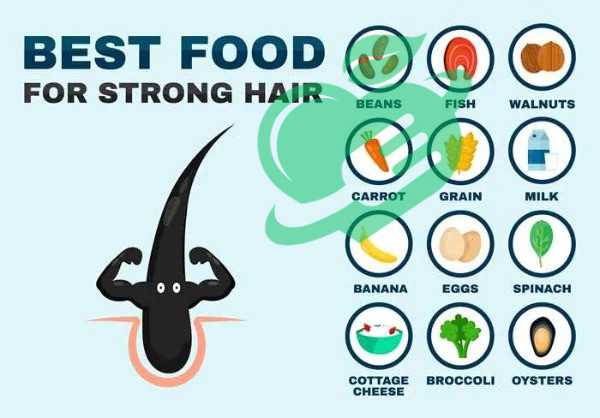
Importance of Hair Health
When you think about your overall health, hair might not be the first thing that comes to mind, but it plays a significant role in your self-image and confidence. Healthy hair doesn’t just look good; it reflects your body’s overall condition. If your hair is shiny, strong, and vibrant, it usually indicates that your body is receiving the proper nutrition and care. Consider how a great hair day can instantly uplift your mood. On the flip side, dealing with hair problems like hair loss, brittleness, or dullness can be frustrating. It’s essential to understand that our hair requires nourishment, just like any other part of our body. Factors such as genetics and environmental conditions certainly play a role, but what you eat can significantly influence these aspects.
How Diet Impacts Hair
You may not realize it, but diet is one of the most critical factors affecting hair health. Just as your skin responds to hydration and nutrients, your hair depends on them as well. The foods we consume can either nourish our strands, making them strong and beautiful or create a weakness that leads to damage. Here are a few ways your diet can impact your hair:
- Nutrient Deficiency: Lack of essential vitamins and minerals can lead to thin, weak hair.
- Protein Consumption: Hair is primarily made of protein. A low-protein diet may result in hair loss or slow growth.
- Hydration Levels: Staying hydrated is crucial; dehydration can lead to dry, brittle hair.
Moreover, personal experiences illustrate this link vividly. For instance, after incorporating a variety of nutrient-rich foods into my diet, I noticed a remarkable difference in the quality of my hair. It became shinier and more resilient. Paying attention to your hair’s needs through your diet can be a game-changer. By nourishing your body, you’re ultimately nurturing your hair, leading to an overall enhanced appearance and self-confidence.
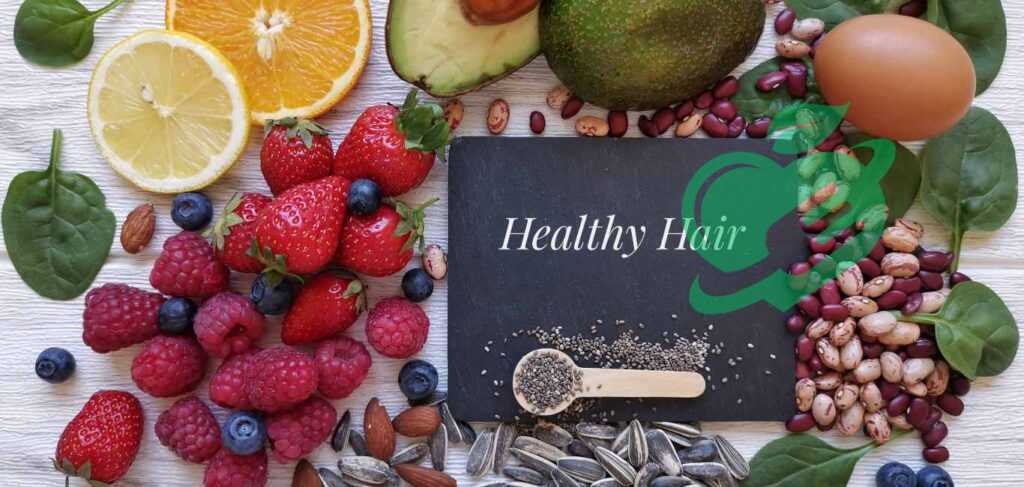
The Fundamentals of Hair Nutrition
Essential Nutrients for Hair Health
Now that we understand how crucial a healthy diet is for great hair, let’s dive into the essential nutrients that play a vital role in maintaining and enhancing hair health. Each nutrient contributes uniquely to the strength, shine, and growth of your hair, making it essential to incorporate a variety of them into your daily meals.
Proteins
As the primary building blocks of hair, proteins are non-negotiable when it comes to hair health. Hair strands are made almost entirely of a protein called keratin. Without adequate protein intake, your hair may become weak and prone to breakage. To ensure you’re getting enough protein, consider adding:
- Lean meats (chicken, turkey)
- Fish (salmon and tuna are great choices)
- Eggs
- Dairy products (yogurt, cheese)
- Plant-based options (lentils, chickpeas, quinoa)
I found that increasing my protein intake led to noticeable changes in my hair’s resilience and overall appearance!
Vitamins (A, B, C, D, E) for hair health
Vitamins play a critical role in promoting hair health:
- Vitamin A: Promotes healthy cell growth, which is essential for hair growth.
- B Vitamins: Particularly biotin, which helps in hair growth and reducing hair loss.
- Vitamin C: An antioxidant that protects hair from damage and helps in collagen production.
- Vitamin D: Important for new follicle growth.
- Vitamin E: Enhances blood circulation to the scalp.
You can find these vitamins in various foods like leafy greens, citrus fruits, nuts, and seeds.
Minerals (Iron, Zinc, Selenium)
Minerals are just as important as vitamins for your hair health:
- Iron: Essential for delivering oxygen to hair follicles.
- Zinc: Aids in hair tissue growth and repair.
- Selenium: Helps protect hair follicles against damage.
Rich sources of these minerals include spinach, beans, pumpkin seeds, and whole grains.
The Role of Omega-3 Fatty Acids
Omega-3 fatty acids are another cornerstone of hair nutrition. They nourish the hair and support scalp health, leading to shinier, healthier hair. Some excellent sources include:
- Fatty fish (like salmon)
- Walnuts
- Chia seeds
- Flaxseeds
By understanding and incorporating these essential nutrients into your diet, you’re setting the foundation for luscious, thriving hair. So, why not start experimenting with some new recipes that include these power-packed nutrients? Your hair will thank you!
Read also: 5 Surprising Benefits of Henna You Didn’t Know
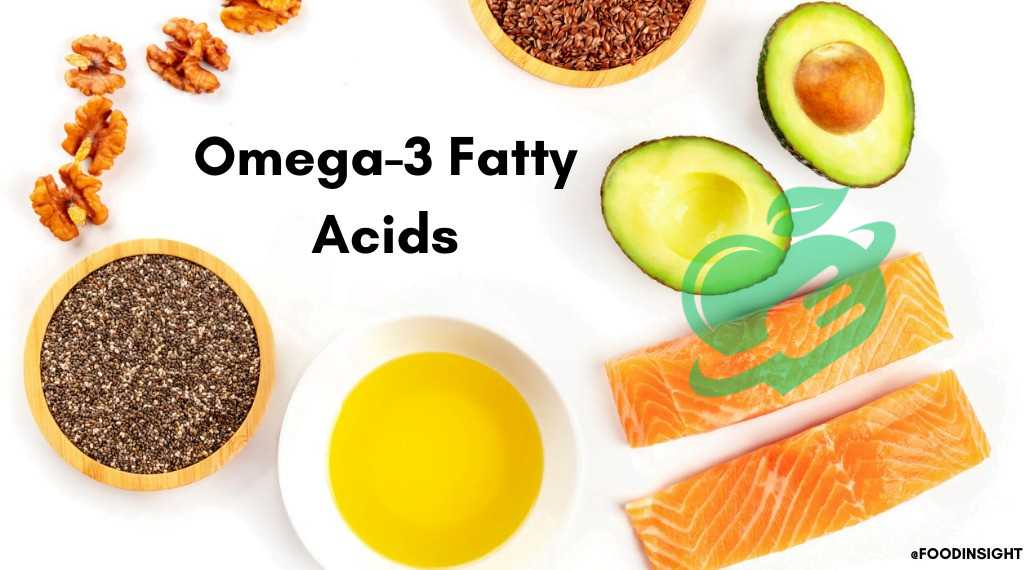
The Hair Health Diet Plan
Incorporating Foods for Gorgeous Hair Health
Now that you’re aware of the nutrients essential for hair health, it’s time to discuss how to weave these into your daily diet. A well-structured hair health diet plan will not only benefit your hair but will enhance your overall well-being. Let’s explore some food categories and their benefits.
Lean Meats and Fish
Lean meats and fish are powerhouse foods when it comes to supporting hair health. They provide high-quality protein and essential nutrients, such as:
- Chicken and Turkey: Rich in lean protein and iron, which helps nourish your hair follicles.
- Fish: Fatty fish like salmon and mackerel are rich in omega-3 fatty acids, which promote shiny and voluminous hair.
I remember adding grilled salmon to my dinner routine, and the difference in my hair’s texture and shine was remarkable!
Fruits and Vegetables
Fruits and vegetables are bursting with vitamins, antioxidants, and minerals. They help combat oxidative stress and contribute to overall hair health. Here are some staples to include:
- Leafy Greens: Spinach and kale provide iron, calcium, and vitamins A and C.
- Berries: Blueberries and strawberries are packed with antioxidants that are great for hair health.
- Citrus Fruits: Oranges and lemons are high in Vitamin C, which aids in collagen production.
Nuts and Seeds for hair health
Nuts and seeds are excellent sources of healthy fats, protein, and various vitamins:
- Walnuts: Rich in omega-3 fatty acids and biotin, promoting hair growth.
- Chia Seeds: Contain vitamins and minerals that support scalp health.
These can easily be added to smoothies, salads, or enjoyed as a snack!
Whole Grains
Whole grains, such as brown rice, quinoa, and oats, provide essential B vitamins and iron, crucial for hair growth. These fibers also help with digestion, ensuring your body absorbs the nutrients needed for robust hair health.
Hydration and Its Impact on Hair Health
Finally, don’t forget about hydration! Drinking enough water is vital for overall health, including hair health. Dehydration can lead to dry, brittle hair, making it prone to breakage. Aim for at least eight glasses of water a day, and incorporate hydrating foods like cucumbers and watermelon. By crafting a hair health diet plan filled with these nourishing foods, you’re not just focusing on aesthetics; you’re also investing in a holistic approach to your well-being. It’s the perfect time to revamp your meals and see those fabulous hair benefits shine through!
Read also: Discover the Benefits of Vitamin A for Shiny, Healthy Hair

Foods to Avoid for Healthy Hair
Foods That Can Harm Hair Health
While it’s crucial to focus on the foods that nourish your hair, it’s equally important to recognize the dietary culprits that can wreak havoc on your locks. Certain foods can contribute to issues like hair thinning, brittleness, and even premature graying. Let’s delve into some of the main offenders you might want to limit or avoid altogether for better hair health.
Sugar and Sweets
First on the list is sugar. It’s no secret that too much sugar can lead to various health problems, but it also affects your hair. High sugar intake can lead to inflammation, disrupting your scalp and hair follicles. Here’s how sugar can impact you:
- Increased Inflammation: Sugar can exacerbate inflammation in your body, which can affect your hair follicles, leading to hair loss.
- Hormonal Imbalance: Excessive sugar can lead to hormonal imbalances, which may also contribute to hair thinning.
I remember how cutting back on sugary snacks helped improve not just my overall health, but also the vitality of my hair.
Processed and fried foods affect hair health
Processed and fried foods are often high in unhealthy fats, preservatives, and artificial additives, making them detrimental to hair health. They can lead to:
- Poor Nutrition: These foods typically lack the essential nutrients your hair needs to thrive.
- Increased Oil Production: Excessive oiliness can lead to clogged follicles, hindering hair growth.
If you find yourself reaching for that bag of chips or fast food, consider healthier alternatives like roasted nuts or homemade snacks.
Excessive Alcohol
Lastly, let’s talk about alcohol. While enjoying a glass of wine occasionally is fine, excessive consumption can dehydrate your body, including your hair. The negative impacts include:
- Dehydration: When you’re dehydrated, your hair can become dry and brittle.
- Nutrient Depletion: Alcohol can interfere with the absorption of essential nutrients needed for hair growth.
By being mindful of these foods to avoid, you can create an environment that encourages healthy hair growth and a vibrant mane. Sometimes, eliminating or reducing these culprits can yield noticeable results, allowing your natural beauty to shine through!
Read also : Boost Your Health: Combatting Vitamin K Deficiency
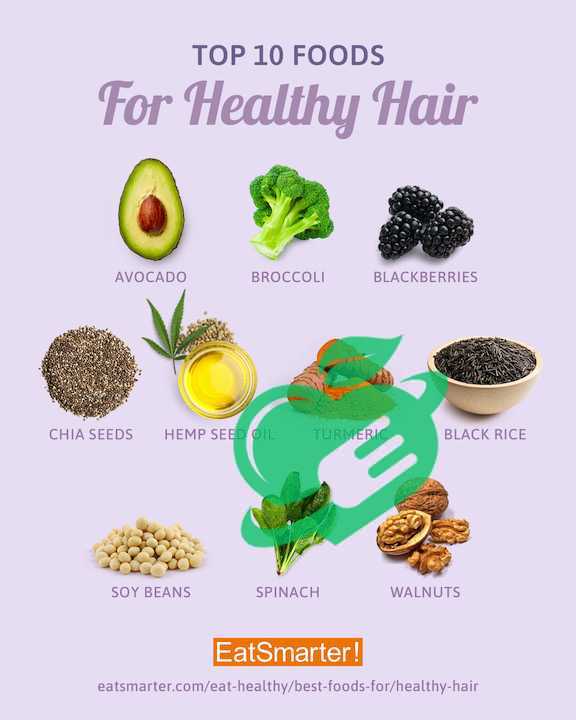
Lifestyle Factors for Optimal Hair Health
Stress Management
As you prioritize the right nutrition for your hair, don’t forget that lifestyle factors, such as stress management, play a significant role in optimal hair health. Chronic stress can lead to a condition called telogen effluvium, where your hair prematurely enters the shedding phase. Here are some practical ways to manage stress:
- Mindfulness Meditation: Taking just a few minutes daily to practice mindfulness can help calm your mind.
- Deep Breathing Exercises: Techniques like these can reduce tension and help you feel more centered.
- Engaging in Hobbies: Whether it’s painting, gardening, or knitting, engaging in activities you love can help you unwind.
When I began incorporating yoga into my routine, I noticed not only an improvement in my mood but also in my hair texture! A calm mind often translates into a healthier body, including hair.
Regular Exercise
Regular exercise is another cornerstone of maintaining hair health. Physical activity boosts circulation, which in turn helps deliver essential nutrients to hair follicles. Here’s what exercise can do for your hair:
- Improves Blood Flow: Enhanced circulation helps carry oxygen and nutrients, promoting healthier hair.
- Reduces Stress: Exercise has been shown to release endorphins, which are natural stress relievers.
Incorporating simple activities into your daily routine can make a difference. Consider:
- Walking: A brisk daily walk can be both enjoyable and beneficial.
- Yoga or Pilates: Great for simultaneously building strength and reducing stress levels.

Adequate Sleep
Finally, don’t underestimate the power of a good night’s sleep. Sleep is essential for recovery, and lack of proper rest can lead to hair loss and dullness. Quality sleep helps maintain hormone balance and supports overall health. Aim for:
- 7-9 hours of restorative sleep each night: Consistency matters; try to establish a regular sleep schedule.
- A relaxing bedtime routine: Consider reading a book or using calming essential oils to help your body prepare for sleep.
By taking steps to manage stress, engage in regular exercise, and prioritize adequate sleep, you’re not just nurturing your hair; you’re fostering a holistic approach to health. You’ll notice that these lifestyle changes can lead to a happier you, with gorgeous, thriving hair as a lovely side effect!
Read also: Dye Disasters? 7 Easy Solutions for Removing Hair Dye from Skin
Supplements for Hair Growth and Strength
Biotin
As you’ve explored various lifestyle factors that influence hair health, it’s essential not to overlook the role of supplements, especially if your diet may be lacking in crucial nutrients. One of the most popular supplements for hair growth is biotin. Also known as Vitamin B7, biotin is an integral part of many hair growth formulations. Here’s how biotin works for your hair:
- Stimulates Keratin Production: Biotin enhances the synthesis of keratin, the primary protein in hair, leading to stronger and healthier strands.
- Supports Cell Function: It’s essential for metabolic processes that aid in the transport of nutrients to hair follicles.
I personally started taking biotin supplements after noticing that my hair was thinning, and within a few months, I experienced a significant boost in both growth and thickness!
Collagen
Another beneficial supplement is collagen, a protein that provides structure and elasticity to your skin, bones, and hair. As we age, collagen production decreases, which can lead to weakened hair. Incorporating collagen into your routine can help address this issue:
- Promotes Hair Structure: Collagen contains amino acids that are vital for building hair fibers.
- Strengthens Hair Follicles: It helps protect against hair damage and loss.
You can find collagen in various forms, such as powders, pills, or even bone broth. When I added collagen powder to my smoothie each morning, I noticed not only improved hair health but also better skin elasticity!
Iron Supplements-hair health
Lastly, let’s talk about iron supplements. Iron deficiency can lead to hair loss since it plays a critical role in oxygen transport to hair follicles. If you suspect you may be low in iron, consider:
- Supplementing with Iron: Before starting any supplementation, it’s best to consult with a healthcare professional.
- Including Iron-Rich Foods: Pair iron supplements with foods high in Vitamin C, which helps with iron absorption—think citrus fruits or bell peppers.
By incorporating supplements like biotin, collagen, and iron into your routine, you can further support your hair health. Remember, while supplements can be beneficial, they should complement a well-rounded diet and healthy lifestyle for the best results. With consistent care, you’re well on your way to achieving the healthy, luscious locks you desire!
Read also: The Ultimate Guide to Bhringraj: How This Herb Can Transform Your Health
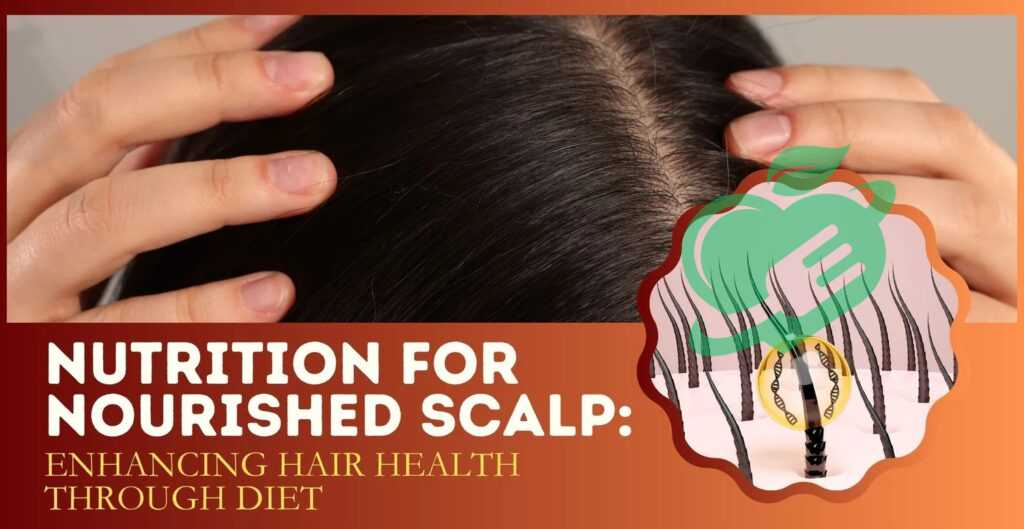
Incorporating a Hair Care Routine
Importance of Proper Hair Care
As you continue your journey toward healthier hair, incorporating a consistent hair care routine is essential. Just as we’ve discussed the importance of a balanced diet and supplements, caring for your hair externally is equally critical. Using the right practices and products can significantly impact your hair’s overall health and appearance. Proper hair care allows you to:
- Prevent Damage: Regularly caring for your hair helps minimize breakage and split ends.
- Enhance Shine and Texture: A good routine can improve your hair’s luster and feel.
- Maintain Scalp Health: A clean, healthy scalp is foundational for hair growth.
I remember when I first paid attention to my hair care regimen, I noticed a remarkable reduction in frizz and improved manageability. Taking the time to care for your hair shows that you value its health!
Choosing the right hair products for healthy hair
Choosing the right products tailored to your hair type is pivotal in a successful hair care routine. With so many options available, how do you know what’s best for you? Here are some tips to guide you:
- Identify Your Hair Type: Determine if your hair is straight, wavy, curly, or coily, and whether it’s fine, medium, or thick. This will help you select suitable products.
- Shampoos and Conditioners: Look for sulfate-free shampoos that won’t strip your hair of its natural oils, and conditioners rich in moisturizing ingredients, such as shea butter or argan oil.
- Hair Masks and Treatments: Incorporate a deep conditioning treatment at least once a week to provide added moisture and repair.
- Minimize Heat Damage: If you frequently style your hair, investing in heat protectants can be a game-changer in preventing damage.
- Consult Professionals: Don’t hesitate to ask your stylist for product recommendations tailored to your specific needs.
By crafting a personalized hair care routine that focuses on proper care and selecting the right products, you’ll nurture your hair’s health from both inside and out. Ultimately, a committed routine will pave the way for beautiful, vibrant hair that reflects the care you’ve invested!
Read also: Discover the Benefits of Vitamin A for Shiny, Healthy Hair
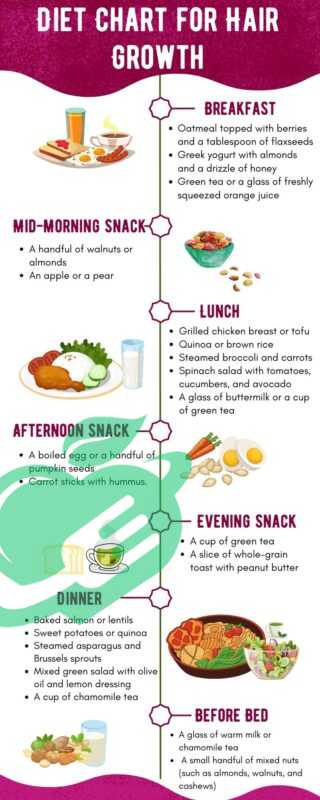
Recap of Key Points-hair health
Throughout this journey into the world of hair health, we’ve uncovered several essential factors that contribute to vibrant, strong hair. Here’s a recap of the key points that can make a significant difference in your hair care routine:
- Nutrition Matters: The foundation of healthy hair starts with what you eat. Essential nutrients like proteins, vitamins, and minerals are crucial for hair growth and strength.
- Avoid Harmful Foods: Be mindful of sugary snacks, processed foods, and excessive alcohol, which can negatively impact your hair health.
- Lifestyle Influences: Implementing strategies to manage stress, engaging in regular exercise, and ensuring adequate sleep can enhance your hair’s vitality.
- Supplement Wisely: Consider biotin, collagen, and iron supplements if your diet is lacking, but always consult with a healthcare professional first.
- Create a Hair Care Routine: Establish a consistent hair care regimen with the right products tailored to your specific hair type.
Investing time and money in finding the ideal shampoo, conditioner, water for washing, or styling products like gel or spray does not guarantee beautiful, vibrant hair. Instead, the focus should be on finding cosmetic and cleaning products that are the least damaging to the hair while achieving desired styles that align with current trends or social events.
Does this suggest that hair care isn’t primarily done in the shower or in the mirror?
Instead, is it taking place in the kitchen and at the dining table?
Indeed, striving for vibrant, appealing, and healthy hair is essential. Hair typically grows around half an inch (approximately 1.25 cm) each month, similar to how nails and the outer skin layers grow. The key to growth in these areas of the body lies in the availability of necessary nutrients, which we must acquire in adequate amounts through our diet. When our nutrition is balanced and healthy, both our internal and external body parts become stronger and more resilient. Particularly when our diet includes abundant elements that support hair production, the hair will exhibit a healthy appearance, composition, and structure, enabling it to withstand various environmental conditions that could otherwise compromise its strength and vitality.
A well-rounded diet that includes a variety of natural foods in appropriate amounts—without leading to any bodily disorders—is optimal for achieving healthy, vibrant hair. According to Andrea Giancoli, a representative of the American Nutrition Association, a diet rich in lean meat proteins, fruits, vegetables, whole grains, legumes, fatty fish like salmon, and low-fat dairy can contribute to maintaining healthy hair.
